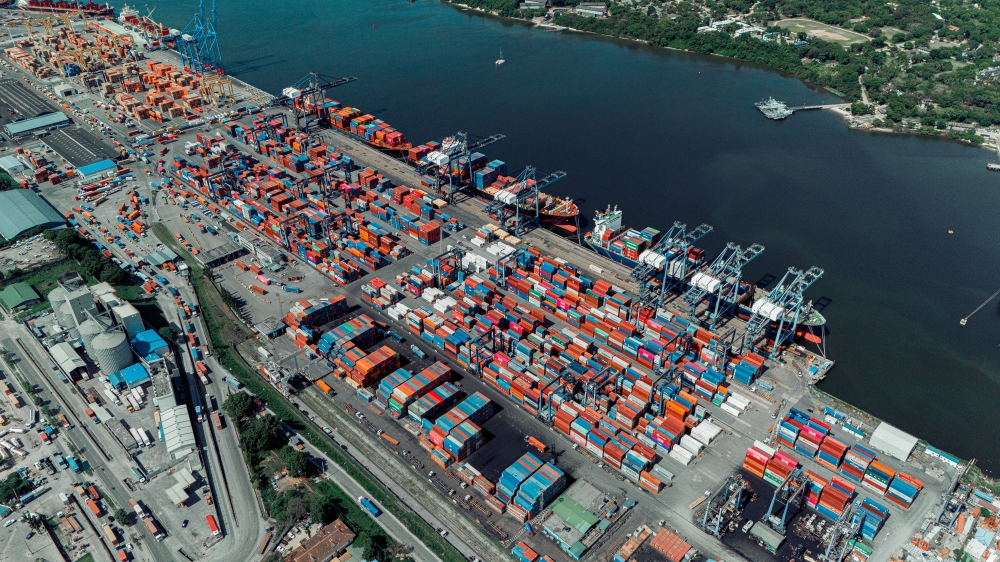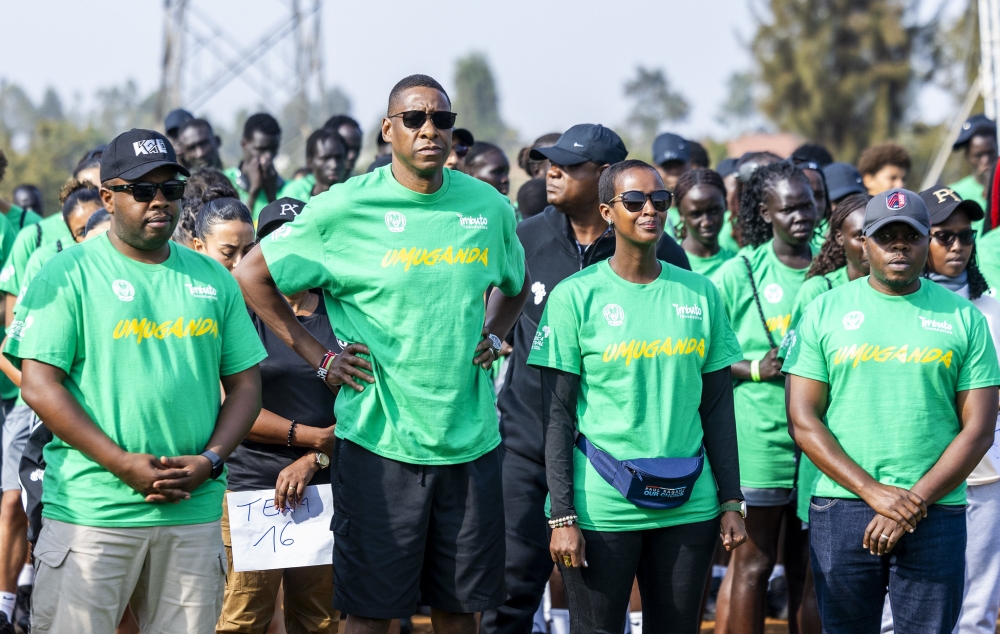The alert level at the African Union Mission in Somalia’s military headquarters in Mogadishu, known by the peacekeeper as the ‘base camp’, was raised, yet signs of life returning to normalcy could be seen around the city.

The alert level at the African Union Mission in Somalia’s military headquarters in Mogadishu, known by the peacekeeper as the ‘base camp’, was raised, yet signs of life returning to normalcy could be seen around the city.The regular night police patrol had to leave camp unusually earlier following two suicide attacks, last week, that killed dozens of people. As the convoy of three armoured trucks drove off the main gate, the squadron commander got off to sign off the patrol team at the main gate and the armoured trucks eased off into the early evening traffic. The convoy slowed down at the main gate of the Aden Duale International Airport, where a security operation had been mounted earlier in the day following a high-level meeting in the vicinity.The city was still tensed, and the security brief was that another terrorist operation could be in the planning. But morale was high among Amisom troops. The convoy then drove to the main Mogadishu Police camp, where a group of embedded journalists on the convoy were asked to register their presence. The City Police Chief sent out word that he would be willing to meet journalists, but the planned meeting was put off because it would delay the start of the night patrol, cordon and search operation that has been helping to restore confidence to the city’s residents. The last such patrol had netted six guns from al-Shabaab sympathisers, six suspects, aged between 17 to 24 years, were arrested. The Ugandan police unit and the Somali Police Force joined the convoy.Two trucks, with a total of 21 armed police officers, drove off before creating a strategic safe corridor at the infamous Mogadishu Balaad Control, a notorious Mogadishu hotspot. Lax local PoliceIn the last five years, Balaad Control has been a no-go zone. A stone throw away, a stark reminded of the al-Shabaab’s activity and the remnants of a suicide bomb, targeting the prime minister at the National Theatre. An officer, who gave his name as Bashir, was happy to find residents sitting in groups, some sipping coffee. The shops still open, signs of life returning to normalcy in what was Mogadishu’s security nightmare. Children played football nearby."This is a sign of peace. People are doing business in Mogadishu until very late. They are no longer scared and we are here to reinforce this,” Bashir said. "Somalia is joining the world of nations.”The peacekeeper said most suicide attacks were often a result of laxity among the local Police. "How do you check a person who is carrying a briefcase, but you do not ask them to open the briefcase? At times, local business owners do better in preventing suicide bombs than the Police,” said the officer, who recalled witnessing another unreported suicide at a local restaurant."We are not here to perform executive police duties,” said Rex Dundun, the acting Amisom Police Commissioner, from Nigeria. "We have a mandate to advise the Somali Police Force and help in the institution building. We have mentors sitting with senior management,” he said. At midnight, Bashir, who is coordinating the operation, was in between his officers and the Amisom unit. The Somali force appeared to pull back, talking more animatedly and smoking.This is usually the most critical time. The al-Shabaab usually strikes just when the patrols appear to be winding down. It is usually a just in a second,” said a female UN staff, who has been on regular police patrols with foreign reporters in Mogadishu.




